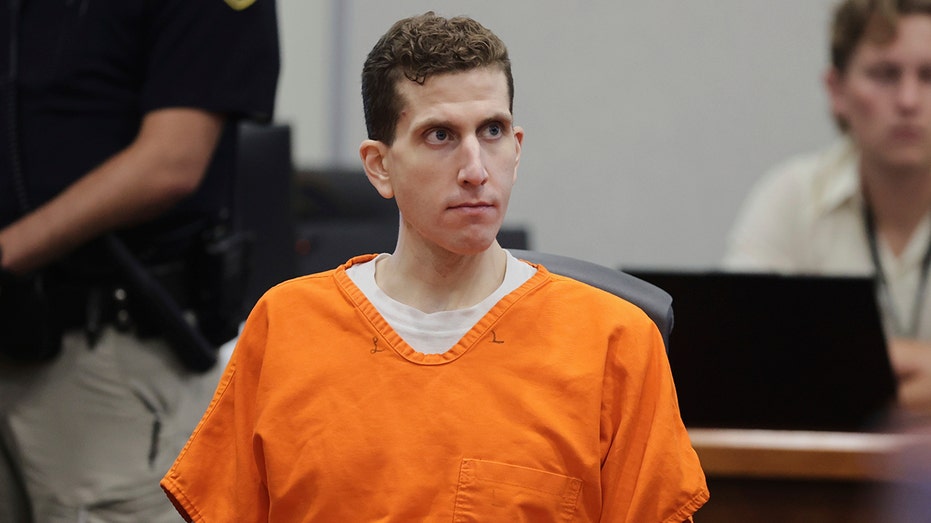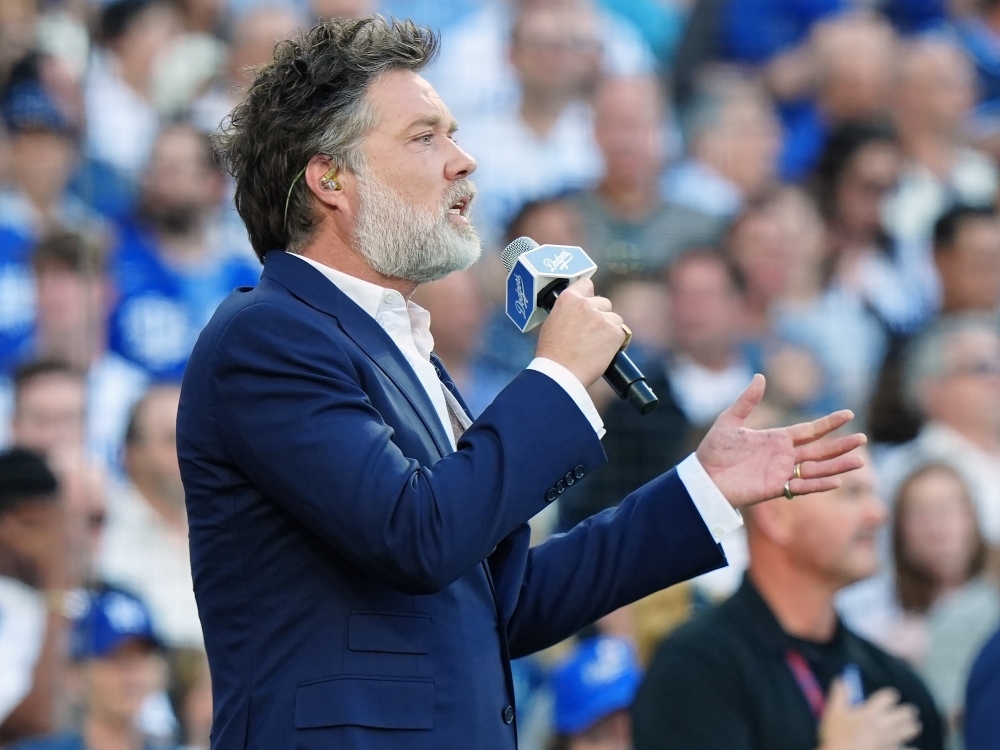Behind bars, Bryan Kohberger, convicted of a horrific crime, isn't facing financial hardship as one might expect. A recent court filing reveals he’s been receiving a steady stream of funds – not just from his family, but from anonymous supporters as well.
This financial support has become a point of contention as Kohberger’s legal team attempts to reduce the substantial restitution he owes to the families of his victims. They argue he has no means to pay, given his four life sentences plus ten years, a claim prosecutors vehemently dispute.
Prosecutors presented evidence of this ongoing financial assistance, detailing Kohberger’s cash flow while incarcerated in both Latah and Ada County jails. The records paint a picture of a prisoner far from destitute, raising questions about the fairness of his plea for reduced financial responsibility.
Kohberger agreed to pay over $250,000 in fines and fees, plus an additional $20,000 to each of the four victims’ families as part of his plea deal to avoid the death penalty. His lawyers now challenge even this, contesting specific requests for travel and accommodation expenses incurred by the families.
The defense contends the families already received ample financial support through numerous GoFundMe campaigns, specifically intended to cover such costs. They argue further payments are unnecessary, given the existing aid received from the public.
Adding another layer of intrigue, Kohberger has a connection to a renowned forensic psychologist, Dr. Katherine Ramsland, an expert in the minds of serial killers. He was previously her student, and she has expressed willingness to document his story should he choose to share it.
However, any potential profit from recounting his crimes would not go to Kohberger. Idaho law, mirroring New York’s “Son of Sam” legislation, prevents criminals from financially benefiting from their offenses.
Any money earned from a book, movie, or article detailing the case would first be directed to the state treasurer and held in escrow. Victims and their families would then have five years to claim those funds through civil lawsuits, ensuring they receive any financial gain derived from the tragedy.
The case continues to unfold, with the question of Kohberger’s financial obligations – and the possibility of his eventual narrative – remaining central points of contention.






